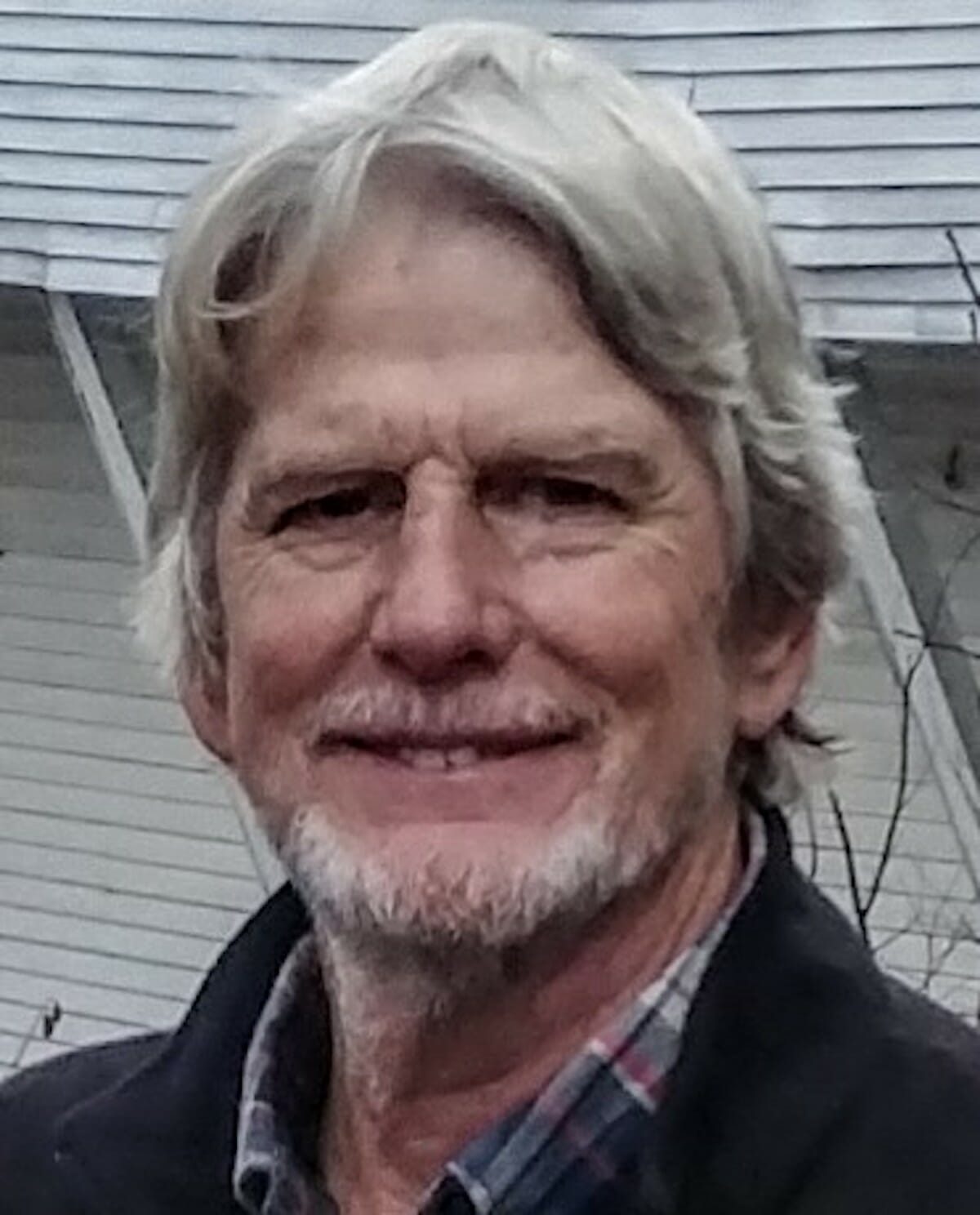When the Rev. Martin Luther King Jr. said the arc of the moral universe bends toward justice, I wonder sometimes whether even he knew how obtuse the angle of that trajectory would be.
Recent events have been encouraging. Lord knows we need encouragement.
Foremost, if not first, we had President Joe Biden’s nomination of Ketanji Brown Jackson to fill the Supreme Court seat vacated by the retiring Justice Stephen Breyer. If confirmed, she would be the first Black woman to serve on the high court.
The Atlantic’s Elaine Godfrey wrote in January that Jackson “fulfills a lot of requirements for the establishment set. She has the same Ivy League credentials as the sitting justices, having earned both her undergraduate and her law degree from Harvard and edited for the Harvard Law Review. She clerked for three federal judges — including Breyer, from 1999 to 2000. If nominated and confirmed, Jackson will follow the same track as Brett Kavanaugh, who also clerked for the justice he ultimately replaced.”
Jackson should be a shoo-in, or would be in less polarized times. Some of the Republican senators who approved her appointment to the D.C. Circuit Court last summer are now saying they will have to more thoroughly vet this latest nomination.
American women indeed have “come a long way, baby,” but anything more than a pro forma process for Jackson will prove the nation as a whole still has a long way to go in dealing with women generally and Black women in particular.
In other news, three former Minneapolis police officers were found guilty of violating George Floyd’s civil rights in March 2020 as he lay dying with Derek Chauvin’s knee on his neck. A cellphone recording of Floyd’s death ignited protests around the world.
The federal jury concluded Thomas Lane, J. Alexander Kueng and Tou Thao deprived Floyd of his right to medical care. Two of them were convicted of the additional charge of failing to intervene to prevent Floyd’s death.
The New York Times said the convictions might spur police officers to do more when they see their colleagues committing crimes.
“Many police critics have complained that officers who allow police misconduct to happen do more damage to the community’s trust than the officers who commit it,” the Times reported, adding that since Floyd’s death “more than 215 departments have signed up for a Georgetown University program that teaches officers the philosophy and techniques of intervention.”
That is a positive sign, but there are more than 12,000 local police departments in this country, with another 3,000 or so sheriff’s departments, according to the Bureau of Justice Statistics. Two hundred seems like a drop in the bucket.
Floyd’s brother Philonese Floyd told Minnesota Public Radio the verdicts were “just accountability,” not justice.
“It can never be justice because I can never get George back,” he said. “I can’t get my brother back.”
Closer to home, the men convicted in the murder of Ahmaud Arbery were found guilty of committing a hate crime in his death.
Evidence presented in the case against Travis McMichael, Greg McMichael and William “Roddie” Bryan included numerous examples of racist language used by the men in text messages and posts on social media.
Federal prosecutors said these messages proved they were motivated by “pent-up racial anger” to kill Arbery as he was jogging through their neighborhood. Race was avoided as motive in the initial murder trial, a tactic one expert called problematic.
“A lot of people in our country adhere to the myth of colorblindness,” Justin Hansford, a professor at the Howard University School of Law, told Vox Media. “They think to talk about race makes you racist, so they’re afraid to talk about race. The whitewashing of this trial needs to be addressed.”
As the Justice Department tried to take a victory lap, Arbery’s family reminded them of a plea deal that had been offered the killers. The family was forced to make their case at a hearing on the matter.
“I begged them,” Arbery’s mother recalled. “The lead prosecutor, Tara Lyons stood up and asked the judge to ignore the family’s cry. That’s not justice for Ahmaud.”
The judge sided with the family, but for the second time in as many chances, victory left an aftertaste.
Justice that does not feel like justice is better than no justice at all. But not by much.
Terry E. Manning lives and works in Savannah, Ga. He is a Clemson graduate and worked for 20 years as a journalist. He can be reached at teemanning@gmail.com.








